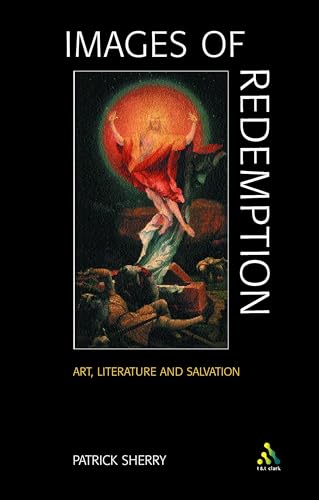UNDERSTANDING OLD TESTAMENT ETHICS: APPROACHES AND EXPLORATIONS
Written by John Barton Reviewed By David G. FirthIt used to be said that you should not judge a book by its cover, but in the case of this volume it might also be safe to add that you should not judge it by its title either. The title would lead one to expect a focused monograph, with the subtitle suggesting that there will be a critical interaction with a range of methodologies. However, what we receive is essentially a collection of Barton’s essays on the theme of OT ethics over the last thirty years, supplemented with an unpublished paper as an introduction and a concluding reflection. Everything else has been published before. Given that Barton is a stimulating thinker and writer in this field, it is no bad thing to have these various papers brought together in one more accessible place, but it would have been more helpful had the title indicated the actual nature of the book.
The book is divided into two more or less equal segments. The first half is a collection of papers on some of the foundational issues involved in reading the OT in view of ethical questions. Although this is a collection of papers, it is possible to trace a reasonably consistent approach throughout as Barton consistently defends a natural law model of ethics. This is then applied in the second half of the book through essays on Amos, Isaiah and Daniel. By far the longest chapter is that on Amos, which is in fact a reproduction of his earlier brief monograph on Amos’ Oracles Against the Nations.
Unfortunately, the endnoting system within this chapter is then broken up into the different sections of the original monograph, making it a maddeningly slow process to find any notes. The value of the explorations in prophetic texts will largely depend upon the extent to which one is convinced by the first half of the book, but since many of these arguments actually depend upon the study on Amos, there may well be a sense that the argument runs in circles. In reality, the problem stems from the fact that the essays are not presented chronologically (though the two halves of the book are), so we do not see Barton’s thought developing. As such, a better reading strategy for the book would be to begin with the chapter on Amos and then follow the order in which the papers were written. In that way the logic of the position taken is more coherent. That said, I remain unconvinced that Amos is operating from an ethical model framed by international customary law (113f.) since this seems to minimise the Torah allusions, especially to the Book of the Covenant, that run throughout his oracles against the nations. Therefore, the subsequent exposition of a natural law approach seems to argue for more than the evidence allows, though natural law is a part of the ethical foundations of the OT. However, the concluding reflection is something that anyone working in this field should read, irrespective of whether or not they accept Barton’s main premises.
Even if one is not persuaded, we can be grateful that all of these papers are together in one place. It is unfortunate that the editorial policy has not presented the book for what it is, but read as an extended contribution to the subject of OT ethics there is much here to consider.
David G. Firth
David G. Firth
St John’s College
Nottingham, Nottinghamshire, UK







